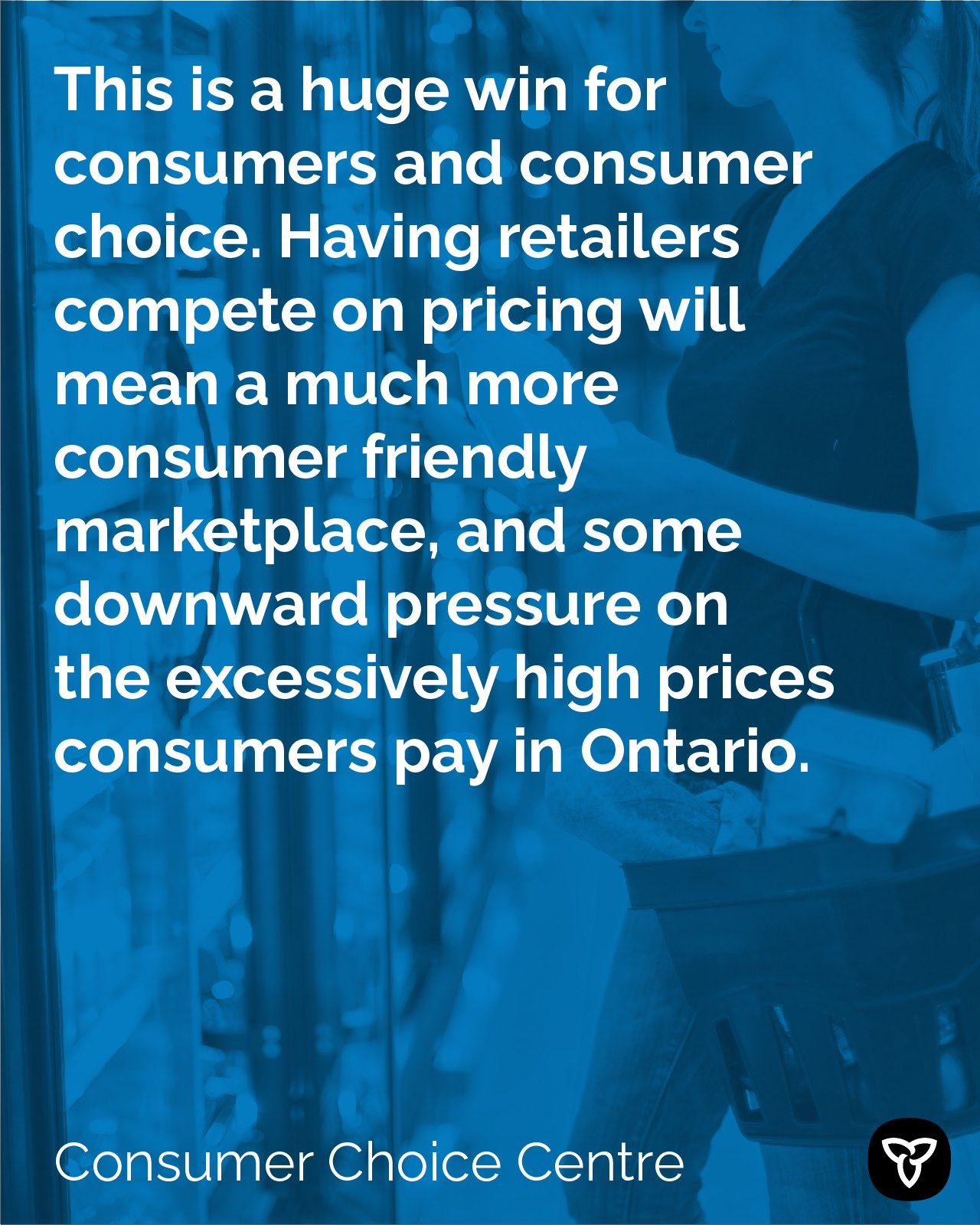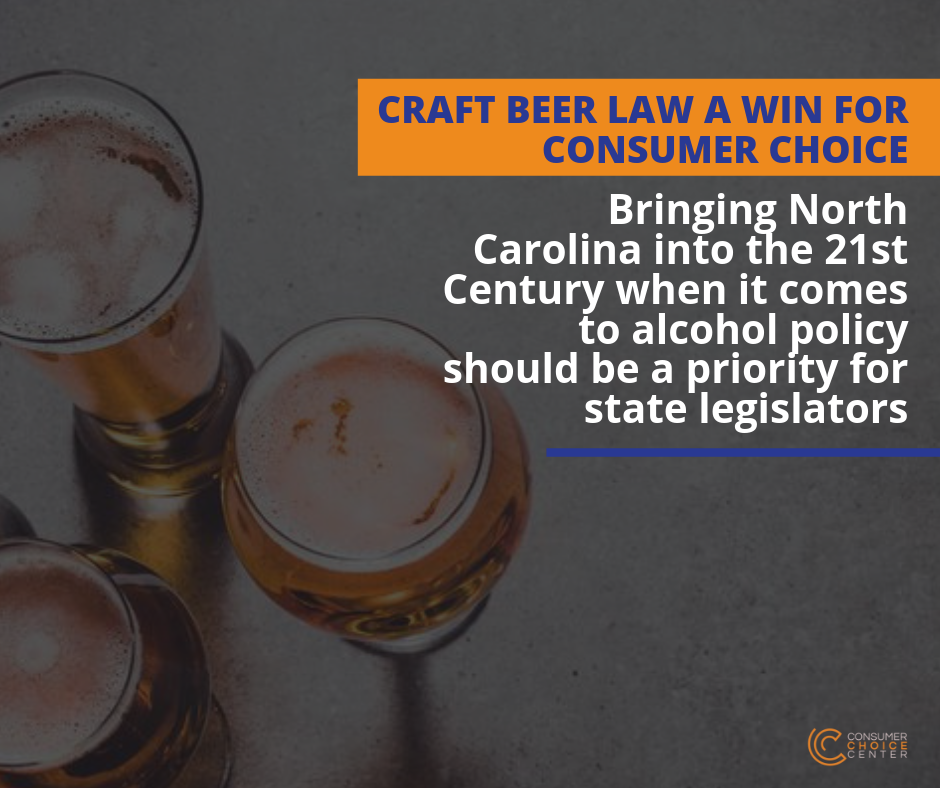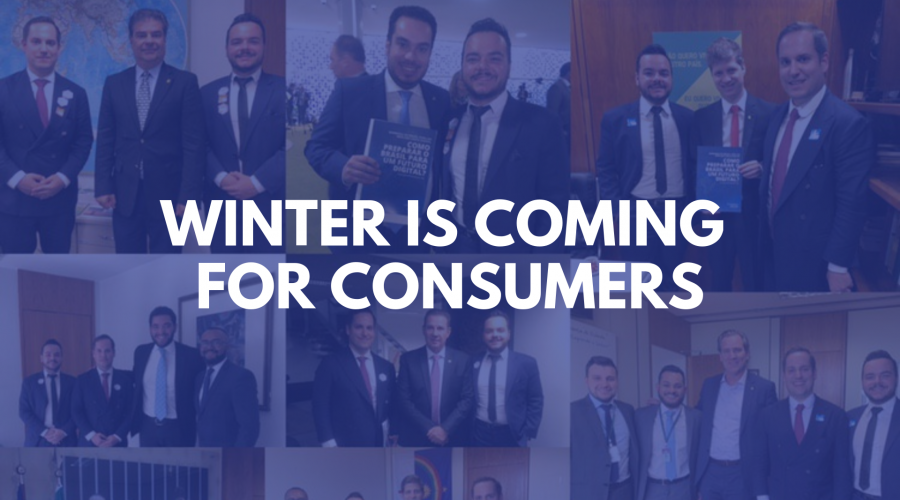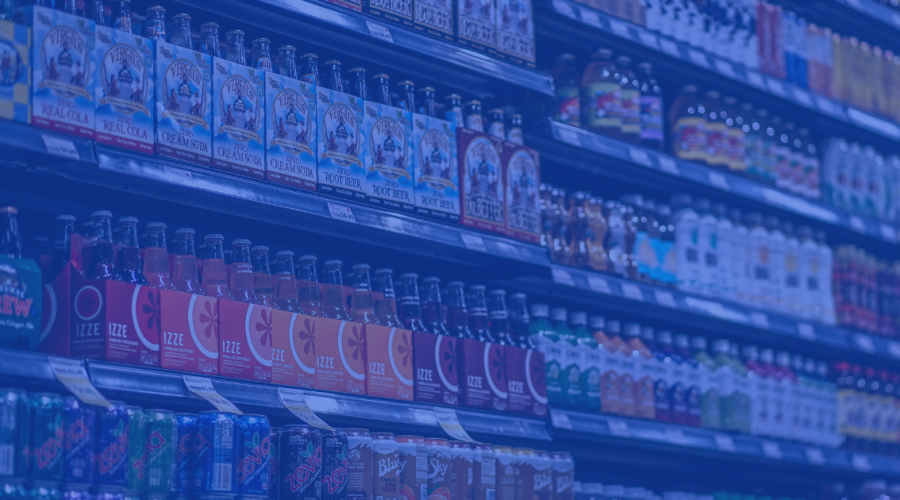Winter is Coming for Consumers
Imagine you open your Netflix or Amazon Video App one day to only stare at a black screen. Imagine you want to rewatch the amazing series Friends or live once more through the long night of Game of Thrones but your government shut down most entertainment options in your country.
This is a situation hundreds of millions of Brazilians are currently facing. A well-intended law from 2011 that tried to prevent market concentration in the TV market might now lead to the rather opposite consequences of what it intended. Due to the ban of TV channels being allowed to own and produce content, business models such as streaming services but also the vertical integration of content and channels.

Brazilian consumers will be the ones who lose in this situation. If this law, which was made in a pre-streaming and pre-vertical integration world, does not get repealed many great shows, movies, and even sports events like the Champions League might disappear from Brazilian TV and tablet screens.
That’s why we launched the campaign #ChegaDeBarreiras or#NoMoreBarriers which has already reached over 800,000 Brazilians through social media. This week we took the campaign to the next level when I and our Brazilian Affairs Manager Andre Freo met with over 20 Congressmen, Senators, and regulators in Brasilia to discuss our campaign. The overwhelming majority of these policy makers support our campaign. Read more at chegadebarreiras.org

This month Bill Wirtz, Luca Bertoletti, and I spent a week in Strasbourg to meet the new European Parliament with a whooping 60-something of newly elected Members of the European Parliament. We discussed our EU-focused projects BrandsMatter!, #HandsOffMyCheapFlights, and Consumer Privacy in the Age of 5G with two dozen of MEPs from most parts of the Union. The next two weeks we will also be busy in Brussels with meetings with MEPs and the EU Commission. The good news is that we will be supported our new Brussels-based consumer rockstar Maria Chaplia, who is our new European Affairs Associate.
Over in Berlin, I had the opportunity to share our views on consumer privacy and trans-Atlantic collaboration with US Ambassador Richard Grenell.

You will also hear more about our ongoing #FreeTrade4US campaign. Fighting for freer trade and defeating new proposed tariffs is unfortunately a busy affair these days. We started promoting the EU-Mercosur FTA on both sides of the Atlantic and work on helping this important trade deal over the finishing line (or the 40+ finishing lines if one counts every legislature it has to be ratified by).
Over in Ontario, Canada our omnipresent David Clement has advocated for a long time for a liberalization of the beer sales monopoly in his home province. The provincial government decided to partially liberalize the sale of beer and move away from having merely one monopolist selling liquid hops. This got us a shoutout by the provincial government – who would have thought governments will ever quote us 😉

Competition is not only good for consumers but also within consumer advocacy groups: Following Ontario’s beer policy, North Carolina increased the amount of beer craft breweries are allowed to distribute without a middleman. Our Yael Ossowski has been advocating for a more consumer friendly alcohol policy in his home state for years and has been finally heard.

The CCC is growing and we fight for your choice as a consumer across the globe – Stay tuned for more exciting news about supersonic travel, borderless wires, our plans for Davos2020, GMO-fish, a digital consumer economy, and Argentinian steaks (see below) for everyone!

Thank you for following our work!
Fred Roeder






